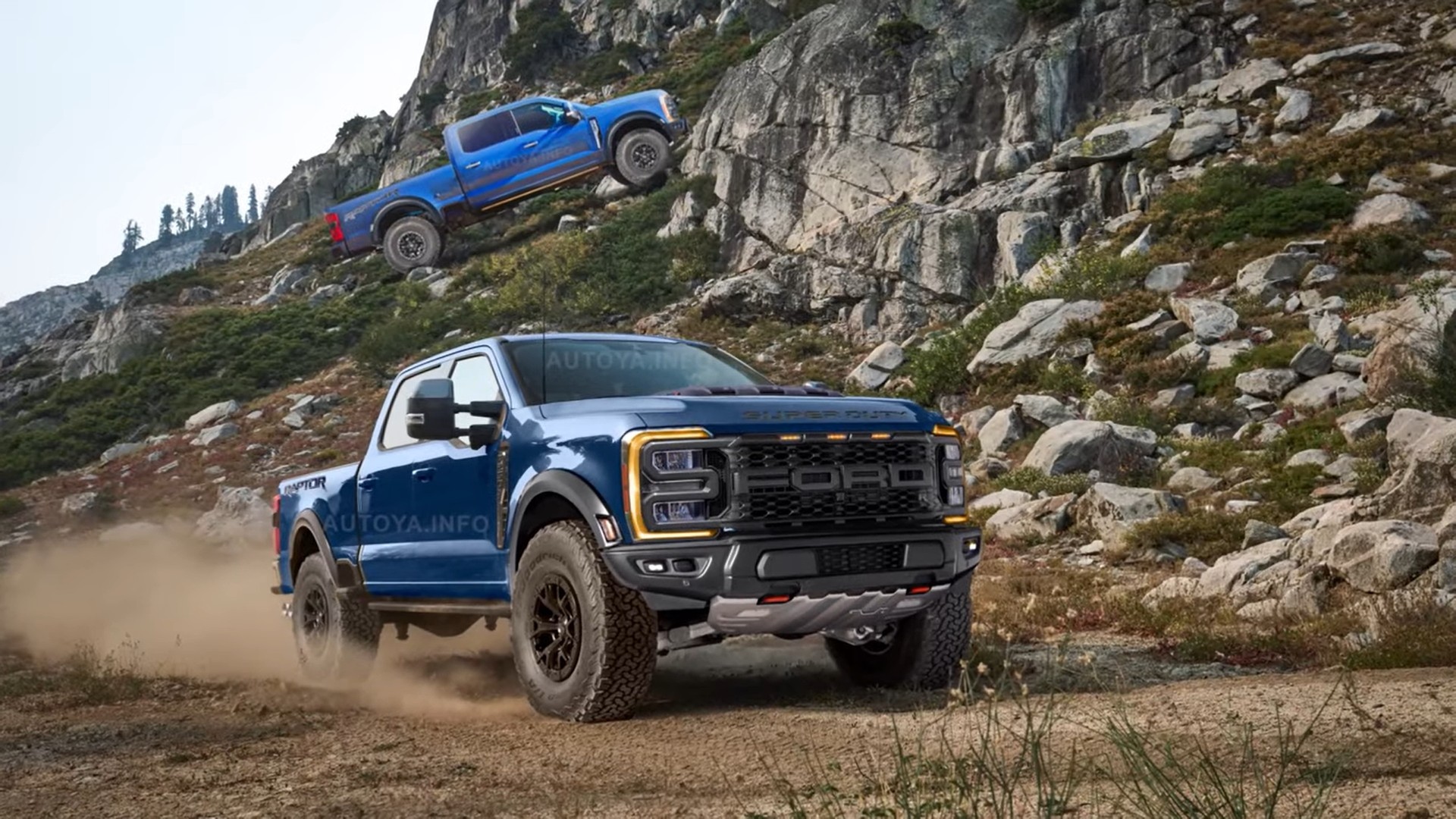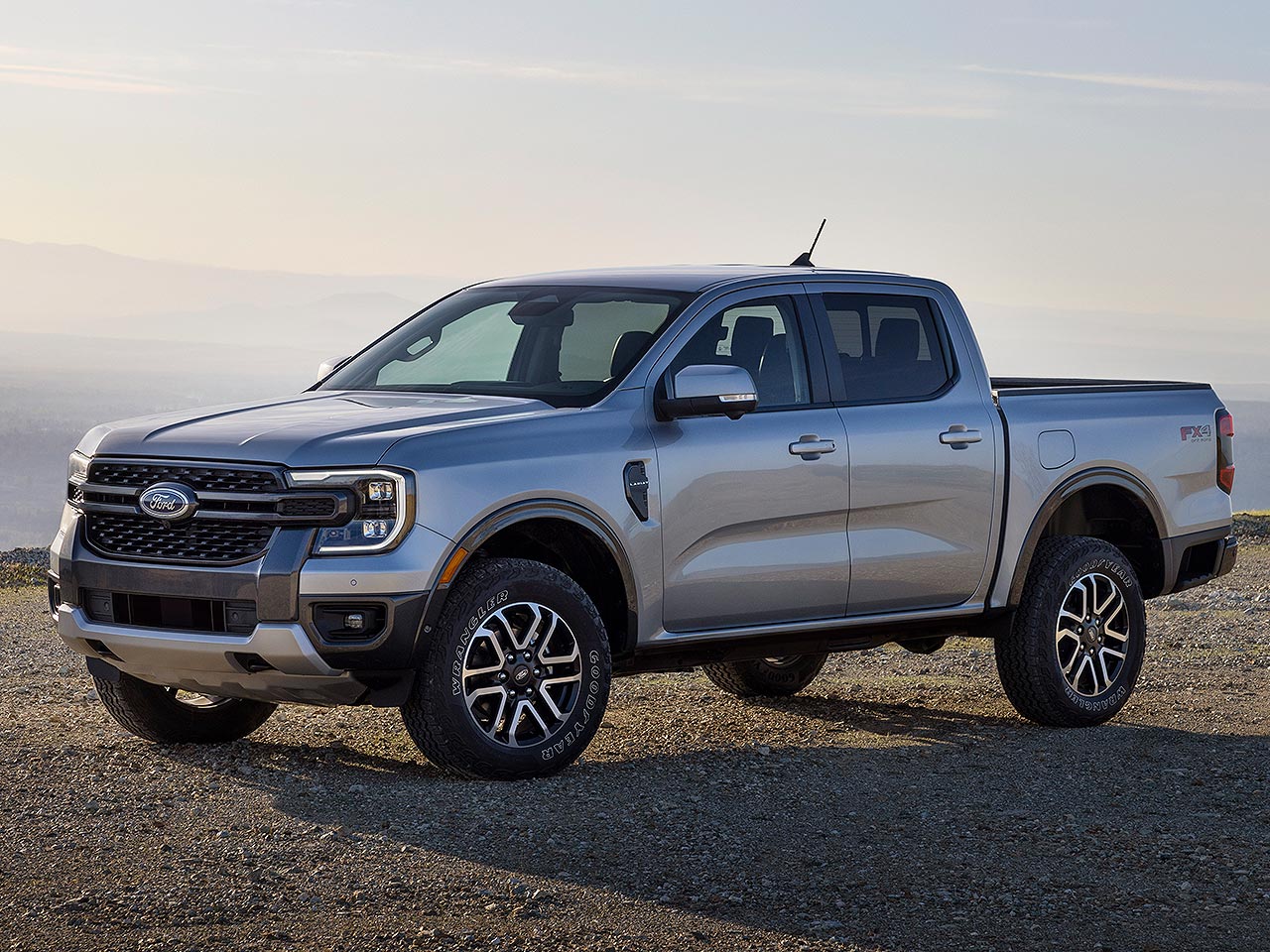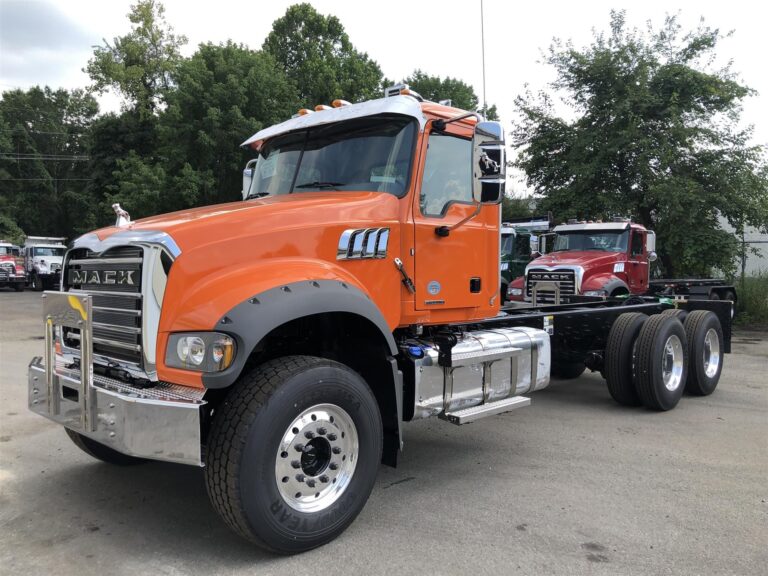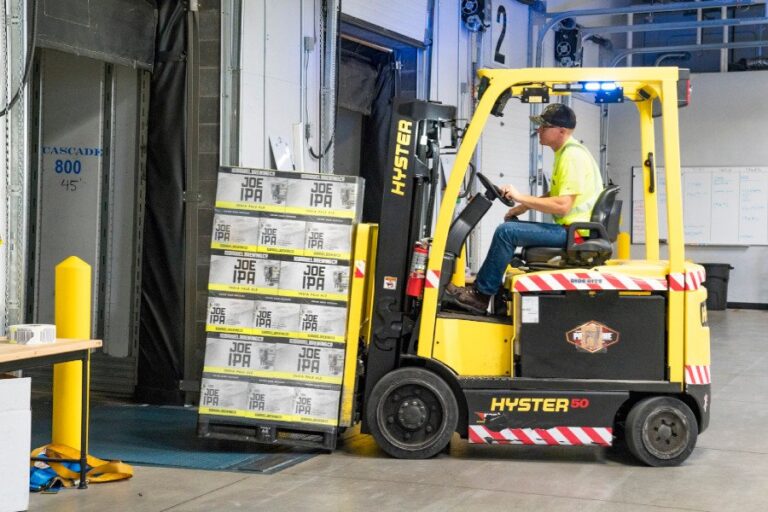Ford F250 Gas Trucks For Sale: Your Comprehensive Guide to Power and Value
Ford F250 Gas Trucks For Sale: Your Comprehensive Guide to Power and Value cars.truckstrend.com
The Ford F-250 Super Duty is synonymous with robust capability, unwavering reliability, and an enduring legacy in the heavy-duty truck segment. While its diesel counterparts often grab headlines for their monstrous torque figures, the gas-powered F-250 offers a compelling alternative, delivering significant power, simpler maintenance, and a more accessible price point for many buyers. Whether you’re a small business owner needing a reliable workhorse, a recreational enthusiast towing an RV, or simply someone who appreciates the versatility of a full-size truck, exploring Ford F-250 gas trucks for sale opens up a world of practical possibilities. This comprehensive guide will navigate the nuances of these formidable machines, helping you make an informed decision and find the perfect F-250 to meet your demands.
Understanding the Ford F-250 Gas Super Duty Lineup
Ford F250 Gas Trucks For Sale: Your Comprehensive Guide to Power and Value
The Ford F-250 Super Duty has evolved significantly over the decades, consistently raising the bar for capability and comfort. When searching for gas models, you’ll encounter a range of options, primarily defined by their generation and the powerful gasoline engines they house.
Key Generations and Gas Engine Options:
- Earlier Models (Pre-2011): While still capable, these often featured the 5.4L Triton V8 engine. While reliable for many, they are older and may require more attention.
- 2011-2016 Generation: This era saw the introduction and widespread use of the 6.2L SOHC V8 engine. This engine became a staple, offering a significant upgrade in power and torque over its predecessors, making it a highly popular choice for those seeking a balance of performance and affordability. It typically paired with a TorqShift 6-speed automatic transmission.
- 2017-2022 Generation: Ford continued with the venerable 6.2L SOHC V8 as the standard gas engine for this generation, albeit with minor refinements. However, a significant addition came in 2020 with the introduction of the 7.3L "Godzilla" V8 engine. This naturally aspirated powerhouse quickly earned a reputation for its immense power and durability, making it an extremely desirable option for those who need maximum gas towing and hauling capacity. Both engines in this generation were typically mated to the robust TorqShift 10-speed automatic transmission, enhancing efficiency and towing performance.
- 2023-Present Generation: The latest F-250 continues to offer potent gas engine options, including an updated 6.8L V8 as the standard engine and the mighty 7.3L "Godzilla" V8 as the upgraded choice. These engines are paired with the advanced 10-speed automatic transmission, ensuring optimal power delivery and fuel management.

Configurations and Trim Levels:
F-250 gas trucks are available in a variety of configurations to suit different needs:
- Cab Styles: Regular Cab (2-door), SuperCab (extended cab with suicide doors), and Crew Cab (4-door, most passenger space).
- Bed Lengths: Short Box (6.75 ft) and Long Box (8 ft).
- Trim Levels: From the basic, work-oriented XL to the popular XLT, the more luxurious Lariat, and the premium King Ranch, Platinum, and Limited trims, there’s a range of features and comforts available.

Why Choose a Gas F-250 Over Diesel?
While diesel trucks are often seen as the ultimate heavy-duty solution, gas-powered F-250s offer several compelling advantages that make them a smarter choice for many buyers:
- Lower Initial Purchase Price: This is often the most significant factor. Used gas F-250s, even those with comparable mileage and features, are typically thousands, if not tens of thousands, of dollars cheaper than their diesel counterparts. This immediately frees up capital for other needs or simply reduces your overall investment.
- Reduced Maintenance Costs: Gas engines are generally simpler in design compared to modern diesels. They lack complex emissions systems like Diesel Particulate Filters (DPF) and Selective Catalytic Reduction (SCR) with Diesel Exhaust Fluid (DEF), which can be incredibly expensive to repair or replace. Oil changes are often less frequent and use less specialized, cheaper oil. Overall, routine maintenance for a gas F-250 is usually more affordable.
- Cheaper Fuel Costs (Per Gallon): While gas F-250s are thirsty, gasoline typically costs less per gallon than diesel fuel, which can add up to significant savings over time, especially if you’re not constantly towing maximum loads.
- Simpler Cold Weather Operation: Gas engines tend to start more readily in extreme cold temperatures compared to diesels, which often require block heaters and can experience fuel gelling issues.
- Sufficient Power for Most Needs: Modern gas engines, especially the 6.2L and 7.3L V8s, offer impressive horsepower and torque figures. For recreational towing (RVs, boats, utility trailers) and most commercial applications that don’t involve regularly hauling 15,000+ lbs, a gas F-250 provides more than enough capability without the added complexity and cost of a diesel.
- Less Complexity, Fewer Potential Failure Points: With fewer specialized components and emissions systems, there are simply fewer things that can go wrong with a gas engine compared to a modern diesel.

The Buying Process: A Step-by-Step Guide for Used F-250 Gas Trucks
Acquiring a used Ford F-250 gas truck requires a methodical approach to ensure you get a reliable vehicle at a fair price.
-
Define Your Needs and Budget:
- Towing/Payload Capacity: What’s the heaviest trailer you’ll tow? How much weight will you carry in the bed? This dictates the engine and axle ratio you might need.
- Passenger Space: Regular Cab, SuperCab, or Crew Cab?
- Features: Do you need 4×4, specific infotainment, luxury trim?
- Budget: Be realistic about the purchase price, but also factor in insurance, registration, and a contingency fund for immediate maintenance or unforeseen repairs.
-
Research and Locate Potential Vehicles:
- Online Marketplaces: Websites like AutoTrader, CarGurus, Cars.com, and local dealership sites are excellent starting points.
- Local Dealerships: Offer certified pre-owned options, financing, and often a wider selection.
- Private Sellers: Can sometimes offer lower prices but come with less buyer protection.
- Expand Your Search: Don’t limit yourself to your immediate area; a willingness to travel can yield better options.
-
Obtain Vehicle History Reports:
- Always request a CARFAX or AutoCheck report. These reports can reveal critical information such as accident history, title issues (salvage, flood), service records, mileage discrepancies, and previous ownership.
-
Initial Inspection and Test Drive:
- Exterior: Check for rust (especially on the frame, rocker panels, and wheel wells), body damage, inconsistent paint, and tire condition (tread depth, even wear).
- Interior: Look for excessive wear and tear, check all electronics (windows, locks, infotainment, AC/heat, lights), and ensure seats are comfortable and intact.
- Engine Bay: Look for fluid leaks, frayed belts, corrosion, and any obvious signs of neglect or tampering.
- Test Drive:
- Engine: Listen for unusual noises (knocks, ticks, squeals). Check for smooth acceleration.
- Transmission: Ensure smooth shifts, both up and down, with no slipping or harsh jerks. Test all gears, including reverse.
- Brakes: Check for strong, even braking without pulling or pulsing.
- Steering: Should be tight and responsive, without excessive play or unusual noises.
- Suspension: Listen for clunks or squeaks over bumps. Pay attention to how the truck handles turns and uneven roads.
- 4×4 (if applicable): Engage 4×4 high and low to ensure it functions correctly.
-
Pre-Purchase Inspection (PPI) by an Independent Mechanic:
- This is arguably the most crucial step for any used vehicle purchase. Take the truck to a trusted, independent mechanic (ideally one familiar with Super Duty trucks) for a thorough inspection. They can identify hidden issues that you might miss, such as frame damage, engine/transmission problems, electrical faults, or worn suspension components. This investment can save you thousands in future repairs.
-
Negotiation:
- Be prepared with market research (average prices for similar trucks) and any findings from the PPI.
- Be firm but polite. Don’t be afraid to walk away if the price isn’t right or if the seller isn’t transparent.
- Factor in any necessary repairs identified by the PPI into your offer.
-
Finalize Paperwork:
- Ensure all necessary documents are in order: title, bill of sale, maintenance records (if available), and emissions certificates (if required in your state). Understand the transfer of ownership process in your region.
Key Considerations When Evaluating a Used F-250 Gas Truck
Beyond the general inspection, here are specific points to focus on for gas F-250s:
- Engine Specifics:
- 6.2L V8: Generally very robust. Listen for any persistent ticking (sometimes related to exhaust manifold leaks or cam phasers on higher mileage units, though less common than on some other Ford engines). Check for signs of oil leaks around the valve covers or front timing cover.
- 7.3L "Godzilla" V8: Being newer, these are incredibly stout. Listen for any unusual noises. Look for a well-maintained engine bay. These are known for their simplicity and durability.
- Transmission Health: The TorqShift transmissions are known for their strength. Any harsh shifts, slipping, or delayed engagement could indicate problems. Check the transmission fluid condition (should be red/pink, not dark or burnt-smelling).
- Rust: Heavy-duty trucks, especially those from regions that use road salt, are prone to rust. Pay close attention to the frame, brake lines, fuel lines, cab corners, rocker panels, and wheel arches. Surface rust is manageable, but extensive frame rust is a major red flag.
- Suspension and Steering: Heavy trucks can wear out suspension components. Look for worn bushings, ball joints, tie rods, and shocks. While the "death wobble" is more commonly associated with diesel Super Duties due to heavier front ends, it can still occur on gas models if steering and suspension components are severely worn.
- Brakes: Super Duties are heavy. Check the condition of brake rotors and pads. Pulsing through the pedal or steering wheel during braking indicates warped rotors.
- Tires: Ensure they are properly sized for the truck, have good tread depth, and show even wear. Uneven wear can indicate alignment issues or worn suspension components.
- Maintenance Records: A truck with a documented service history is always preferable. It shows the previous owner’s commitment to upkeep and can provide insight into potential future maintenance needs.
Tips for a Successful Purchase
- Be Patient: The right truck might not appear overnight. Don’t rush into a purchase.
- Know Your Value: Research current market prices for the specific year, mileage, and trim you’re interested in.
- Don’t Fall for Cosmetics: A shiny exterior can hide mechanical woes. Focus on the truck’s mechanical integrity first.
- Consider Winter/Summer Tires: If you live in an area with harsh winters, factor in the cost of a separate set of winter tires.
- Insurance Costs: Get insurance quotes before buying, as heavy-duty trucks can be more expensive to insure.
Potential Challenges and Solutions
- Fuel Economy: Gas F-250s are not known for their fuel efficiency.
- Solution: Budget accordingly for fuel costs. Driving habits (e.g., avoiding aggressive acceleration, maintaining steady speeds) can marginally improve MPG. For very long commutes without heavy loads, a different vehicle might be more economical.
- Larger Size: Maneuvering and parking an F-250 can be challenging, especially in urban environments or tight spaces.
- Solution: Practice driving and parking in various situations. Utilize backup cameras, parking sensors, and larger mirrors.
- Wear and Tear on Used Trucks: Any used vehicle will have some wear.
- Solution: A thorough PPI is crucial. Set aside a contingency fund for immediate repairs or maintenance items (e.g., fluid changes, new tires, brake service) that might be needed shortly after purchase.
- Finding Specific Configurations: If you need a very specific cab/bed/engine combination, it might take longer to find.
- Solution: Broaden your search radius. Be slightly flexible on minor features if the core truck meets your needs.
Estimated Price Guide for Used Ford F-250 Gas Trucks For Sale
Prices for used F-250 gas trucks vary widely based on model year, mileage, condition, trim level, features, and geographical location. The table below provides general estimated ranges for common configurations. These are not definitive prices but rather a guide to help you budget.
| Model Year Range | Engine Type | Typical Mileage Range (Miles) | Condition (Avg./Good) | Estimated Price Range (USD) |
|---|---|---|---|---|
| 2008-2010 | 5.4L Triton V8 | 150,000 – 250,000+ | Fair – Good | $8,000 – $15,000 |
| 2011-2016 | 6.2L SOHC V8 | 100,000 – 200,000 | Good – Very Good | $15,000 – $28,000 |
| 2017-2019 | 6.2L SOHC V8 | 60,000 – 150,000 | Very Good – Excellent | $28,000 – $40,000 |
| 2020-2022 | 6.2L SOHC V8 | 30,000 – 100,000 | Excellent | $38,000 – $55,000 |
| 2020-2022 | 7.3L "Godzilla" V8 | 30,000 – 100,000 | Excellent | $42,000 – $60,000+ |
| 2023-Present | 6.8L V8 / 7.3L Godzilla | 5,000 – 50,000 | Like New – Excellent | $55,000 – $75,000+ |
Note: These are estimated prices for used trucks and can vary significantly based on specific trim level (XL, XLT, Lariat, King Ranch, Platinum, Limited), features (e.g., 4×4, specialized towing packages), region, and overall market demand. Trucks with lower mileage or premium features will command higher prices within these ranges, and vice-versa. Brand new F-250 gas trucks start considerably higher.
Frequently Asked Questions (FAQ) about Ford F-250 Gas Trucks
Q1: What’s the main difference between a gas and diesel F-250?
A1: The primary differences lie in the engine type, initial cost, and maintenance. Gas F-250s are typically less expensive to buy, have simpler emissions systems, and generally cheaper maintenance. Diesel F-250s offer significantly more torque, better fuel economy (especially when towing heavy loads), and higher maximum towing capacities, but come with a higher purchase price and more complex, potentially costly, maintenance.
Q2: Which gas engine is best for the F-250?
A2: For most applications, the 6.2L SOHC V8 (available from 2011-2022) offers an excellent balance of power, reliability, and value. If maximum gas power and durability are your priority and budget allows, the 7.3L "Godzilla" V8 (available from 2020-present) is the top choice, known for its immense, naturally aspirated power.
Q3: What kind of fuel economy can I expect from a gas F-250?
A3: Fuel economy for F-250 gas trucks is not their strong suit. Expect typical combined MPG figures to be in the 10-14 MPG range for most models, varying based on engine, drivetrain (2WD/4WD), axle ratio, driving conditions, and whether you’re towing or hauling. The 7.3L V8 might be slightly better when unloaded due to its efficiency at lower RPMs.
Q4: How much can a gas F-250 tow?
A4: Towing capacity varies significantly by model year, engine, axle ratio, and configuration. Generally, a modern gas F-250 (e.g., with the 6.2L or 7.3L V8) can tow anywhere from 12,000 to 18,000+ pounds with a conventional hitch, and even more with a gooseneck/fifth-wheel setup. Always check the specific truck’s door jamb sticker and owner’s manual for precise ratings.
Q5: Are F-250 gas trucks reliable?
A5: Yes, Ford F-250 gas trucks, particularly those equipped with the 6.2L and 7.3L V8 engines, are generally considered very reliable. These engines are known for their durability and relatively simple design, which contributes to lower long-term maintenance issues compared to some more complex powertrains. Regular maintenance is key to their longevity.
Q6: Should I buy from a dealer or a private seller?
A6:
- Dealerships: Often offer more inventory, financing options, extended warranties, and certified pre-owned (CPO) programs. Prices might be slightly higher.
- Private Sellers: Can offer lower prices as they don’t have dealership overhead. However, they typically provide no warranty, and the buying process requires more due diligence on your part (e.g., arranging a PPI yourself).
Q7: What is the "death wobble" and is it common on gas F-250s?
A7: The "death wobble" is an intense, uncontrollable shaking of the front end of a solid-front-axle truck, usually occurring at highway speeds after hitting a bump. While it’s more commonly reported on diesel Super Duties due to their heavier front ends, it can occur on gas models as well if steering and suspension components (like ball joints, tie rods, track bar bushings, or worn shocks) are significantly worn. A thorough pre-purchase inspection should identify worn components that could contribute to this issue.
Conclusion
The Ford F-250 gas truck represents an outstanding blend of power, practicality, and value in the heavy-duty segment. For many individuals and businesses, it offers more than enough capability for towing and hauling tasks without the higher initial investment and complex maintenance associated with diesel powertrains. By understanding the different generations, engine options, and following a diligent buying process – including thorough research, detailed inspections, and a critical pre-purchase assessment by a trusted mechanic – you can confidently navigate the market for Ford F-250 gas trucks for sale. A well-chosen gas F-250 is not just a vehicle; it’s a dependable partner ready to tackle the toughest jobs and biggest adventures for years to come.




